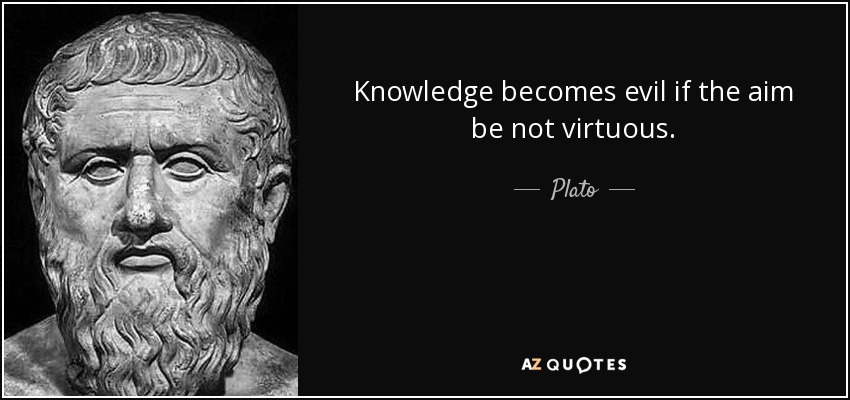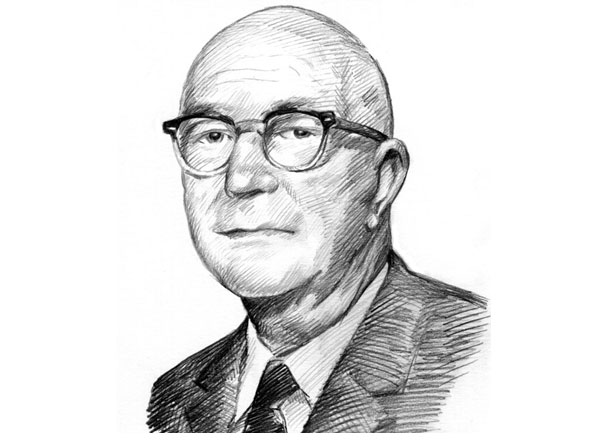What are we responsible for?
Josh Glasgow, Sonoma State University From time to time, I feel alienated from my actions and thoughts. I wonder why I did or said something that I did not really want to do or say. I recoil at a rogue thought that drifts through my mind. And of course, many …







